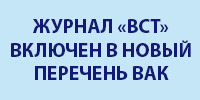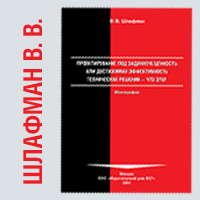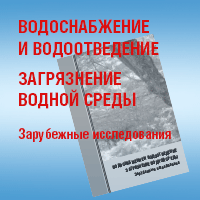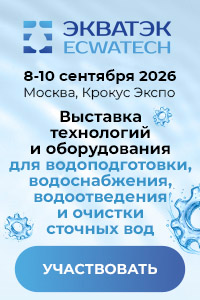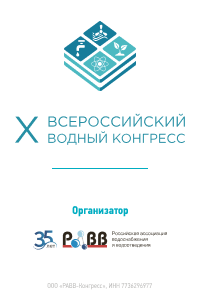№11|2025
WASTEWATER TREATMENT
UDC 628.3.504.054
DOI 10.35776/VST.2025.11.06
Estimation of the qualitative composition of wastewater at CHP-plant no. 16 in Moscow
Summary
The problem of the pollution of wastewater generated at Moscow CHP-plant no. 16 and the effluent discharged into the Moskva River is considered. Increased focus is on the wastewater composition and treatment effectiveness. The main sources of pollution are described, including wash water, wastes from chemical washing, and wastewater from the water treatment facilities. Particular attention is paid to heavy metals and oil products that significantly deteriorate the wastewater quality. An important aspect is the need for wastewater monitoring and analysis to control the pollution and estimate effectiveness of the treatment facilities. The research methods include organoleptic evaluation and special photometric and titrimetric methods that provide for the precise specification of the pollution composition. The results showed that wastewater from CHP-plant no. 16 contained exceeded maximum permissible concentrations of oil products and iron which confirms the need to improve the treatment systems. The importance of monitoring wastewater at heat and power plants is emphasized since it is a significant source of the environmental pollution.
Key words
cleansing , wastewater , water treatment , pollutants , CHP-plant , MPC
For citation: Khairulina T. P., Glebova I. A., Mediankina M. V. Estimation of the qualitative composition of wastewater at CHP-plant no. 16 in Moscow. Vodosnabzhenie i Sanitarnaia Tekhnika, 2025, no. 11, pp. 46–49. DOI: 10.35776/VST.2025.11.06. (In Russian).
The further text is accessible on a paid subscription.
For authorisation enter the login/password.
Or subscribe
REFERENCES
- Мелкерт А. И. К вопросу о загрязнении рек промышленными и городскими сточными водами. – М.: Высшая школа, 2019. 822 c.
Melkert A. I. K voprosu o zagriaznenii rek promushlennymi i gorodskimi stochnymi vodami [More on the river pollution by industrial and municipal wastewater. Moscow, Vysshaia Shkola Publ., 2019, 822 p.]. - Благоразумова А. М. Обработка и обезвоживание осадков городских сточных вод. – СПб.: Лань, 2022. 204 c.
Blagorazumova A. M. Obrabotka i obezvozhivanie osadkov gorodskikh stochnykh vod [Municipal wastewater sludge treatment and dewatering. Saint-Petersburg, Lan’ Publ., 2022, 204 p.]. - Технологии очистки промышленных сточных вод от следов тяжелых металлов [электронный ресурс]. http://www.gsp-bmt.ru/services/1/112.html.
[Technologies of removing heavy metal traces from industrial wastewater]. http://www.gsp-bmt.ru/services/1/112.html . (In Russian). - Кольцов В. Б., Кондратьева О. В. Очистка сточных вод: учебник и практикум для вузов / Под общей редакцией В. И. Каракеяна. – М.: Юрайт, 2025. 164 с.
Kol’tsov V. B., Kondrat’eva O. V. Ochistka stochnykh vod: uchebnik i praktikum dlya vuzov [Wastewater treatment: textbook and practical training for universities. Under the general editorship of V. I. Karakeian. Moscow, Iurait Publ., 2025, 164 p.]. - Маннанова Г. В. Методы очистки промышленных сточных вод. – М., РГГУ, 2019. 815 c.
Mannanova G. V. Metody ochistki promyshlennykh stochnykh vod [Industrial wastewater treatment methods. Moscow, RGGU Publ., 2019, 815 p.]. - Акимова А. С., Филиппова Л. С. Последствия загрязнения поверхностных и сточных вод нефтью и нефтепродуктами // Международный научно-исследовательский журнал. 2022. № 11 (125). С. 1–4.
Akimova A. S., Filippova L. S. [Consequences of pollution of surface and waste waters with oil and oil products]. Mezhdunarodnyi Nauchno-Issledovatel’skii Zhurnal, 2022, no. 11 (125), pp. 1–4. (In Russian).


